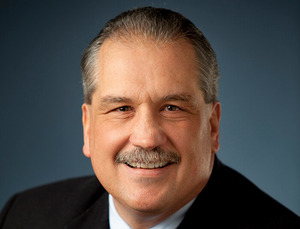Not at home? Amazon wants to come in and drop off packages
Published: October 25, 2017 / Author: Associated Press
NEW YORK (AP) — Don’t want Amazon boxes sitting on the porch? The company hopes you’ll let a stranger inside to drop them off.
Amazon said Wednesday it’ll launch a service called Amazon Key next month that will let people allow the door to be unlocked when they’re not there so packages can be left inside.
The proposal drew plenty of humorous reactions on social media, as well as concerns about safety or delivery employees being mistaken for intruders. Amazon said the drivers would be well-vetted, while one expert said the company has built up trust with customers and younger customers were more likely to try it out.
An in-home delivery program also falls in line with Amazon’s strategy of trying to make shopping with it so convenient that consumers don’t think about buying elsewhere. And with the option requiring a specific camera that it sells, the move helps Amazon tie customers even closer to its gadgets as well as the items it delivers.
Customers who want to use the service would need to be Amazon Prime members and would have to buy a camera and a Wi-Fi-connected lock from the Seattle-based company that starts at $250. Shoppers will then be able to choose in-home delivery as an option in the Amazon app.
When the delivery person shows up, they will knock first and scan the package. Amazon will make sure the person is at the right home and unlock the door. No codes or keys are needed, and the indoor camera will record the in-home delivery. The Amazon Cloud Cam also lets users watch a livestream or recorded video on Amazon’s Fire tablet, Fire TV or its voice-activated Echo devices that have a video screen.
The service is likely to be more of a hit with younger families, said Timothy Carone, an associate teaching professor at University of Notre Dame’s Mendoza College of Business. He said millennials are already comfortable posting photos and their whereabouts on Facebook, Instagram and other social media.
“They’re less concerned about privacy than older generations are,” Carone said.
Related Stories





